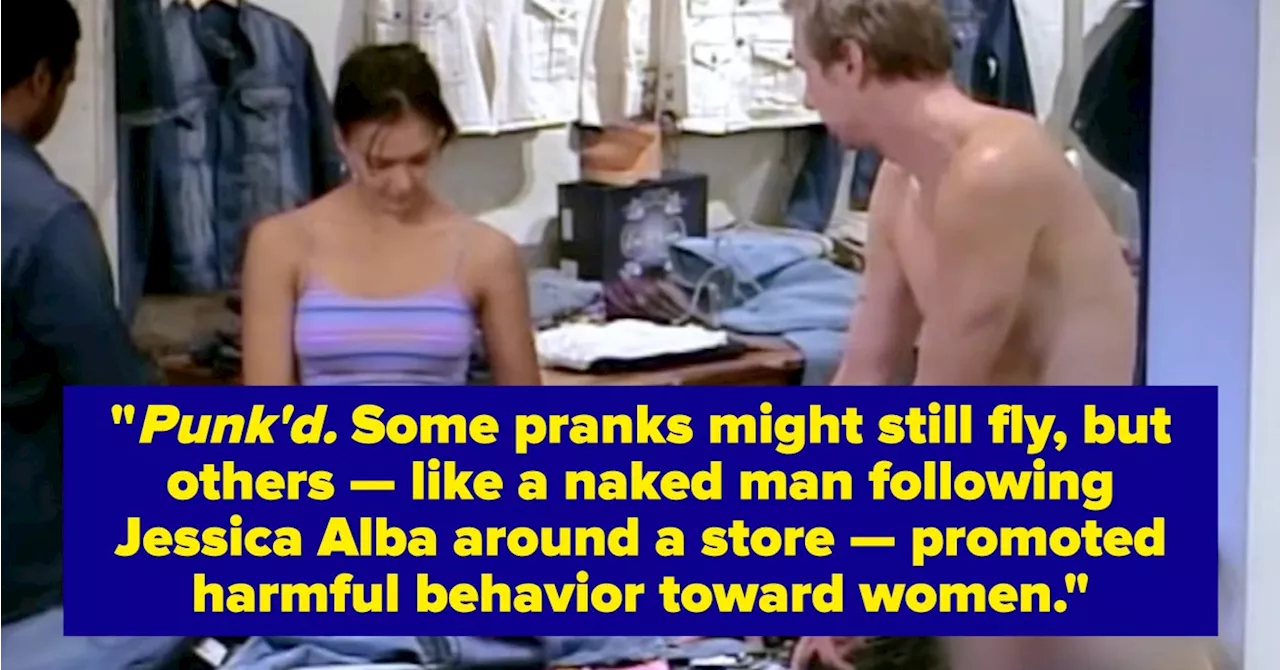A collective reflection among Millennials has surfaced, revealing behaviors and trends from the 2000s that would be deemed completely unacceptable today. Many individuals are expressing their discomfort with what was once considered “normal,” highlighting a cultural landscape that, while iconic, was fraught with problematic attitudes and actions. The shift in societal values has led to a critical examination of past behaviors, sparking discussions about progress in social norms.
One of the significant changes is in the portrayal of women in media. Reality TV shows often glorified transformations, where participants underwent drastic changes to fit narrow beauty standards. “Now I realize how messed up it was that they made people feel broken just to sell beauty standards back to them,” remarked one participant, reflecting on the emotional toll these shows had on individuals. This perspective is echoed by others who recall the pressures to conform to unrealistic ideals.
The casual use of derogatory language was another prominent feature of the 2000s. Many recall a time when terms like “gay” and “r*tard” were used as insults, often without a second thought. The normalization of such language is now widely recognized as harmful, with individuals advocating for more respectful and inclusive communication. “I will never miss the 2000s trend of using ‘gay’ as an insult,” one Millennial shared, emphasizing the need for change.
Media’s Role in Shaping Attitudes
The media landscape of the early 2000s also contributed to the perpetuation of misogynistic behaviors. Films and television shows often included “humorous” sexual assault jokes, where audiences laughed at situations that, in retrospect, are clearly inappropriate and criminal. “Every movie from that era had at least one ‘funny’ sexual assault joke,” a respondent noted, questioning how such content was accepted at the time.
The culture surrounding celebrity and tabloid media further compounded these issues. The relentless scrutiny of figures like Britney Spears illustrated a brutal environment where personal struggles were public spectacle. “We were all complicit and acted like Perez Hilton was CNN,” one individual reflected, lamenting the media’s role in dehumanizing celebrities during difficult moments.
In addition to media portrayals, societal norms in schools also reflected these outdated attitudes. Many recall experiences in physical education classes that were divided by gender, limiting opportunities for interaction and collaboration. “Looking back, it just seems weird. That’d never fly nowadays,” one participant remarked, highlighting a shift towards more inclusive environments.
Changing Perspectives on Substance Abuse and Relationships
The early 2000s also normalized binge drinking and reckless behaviors among young adults. Celebrities frequently appeared in clubs, visibly intoxicated and often in compromising situations. “Today we don’t celebrate those moments; we encourage our friends to get help instead,” a Millennial explained, illustrating a significant cultural shift towards prioritizing health and well-being.
Discussions around relationships and sexuality have also evolved, especially in educational settings. One individual recalled attending assemblies that promoted damaging messages about purity and temptation. “I didn’t realize until years later how damaging that messaging was,” they shared, emphasizing the long-lasting effects of such teachings.
As Millennials continue to reflect on the past, it is clear that many behaviors once deemed acceptable are now viewed with critical scrutiny. This introspection not only highlights the progress made in societal values but also serves as a reminder of the importance of continued advocacy for respectful and inclusive practices in all areas of life.
As the conversation evolves, individuals are encouraged to share their experiences and insights on the behaviors from the 2000s that they find most shocking. This ongoing dialogue serves as a crucial step in understanding the past and shaping a more equitable future.
